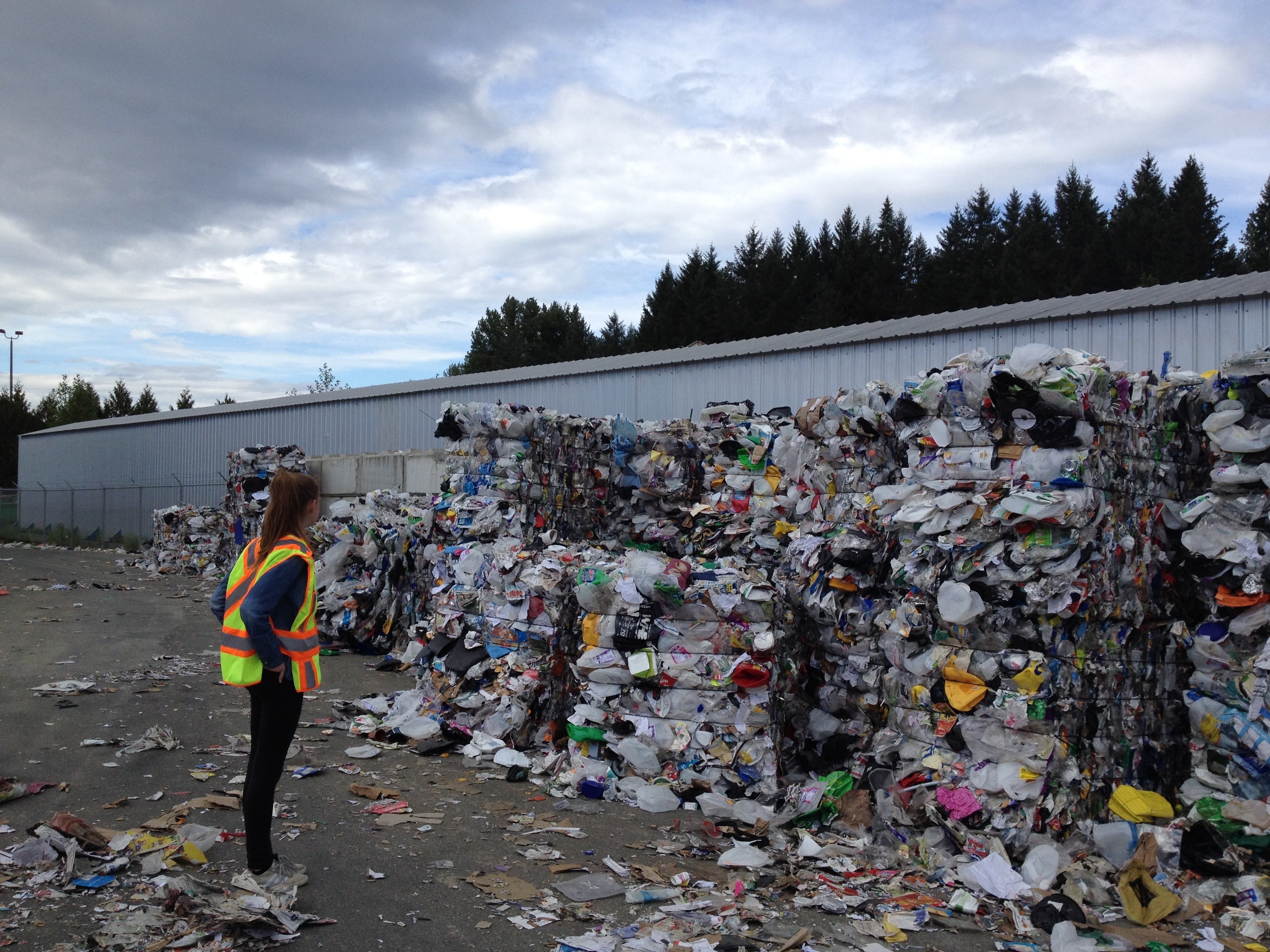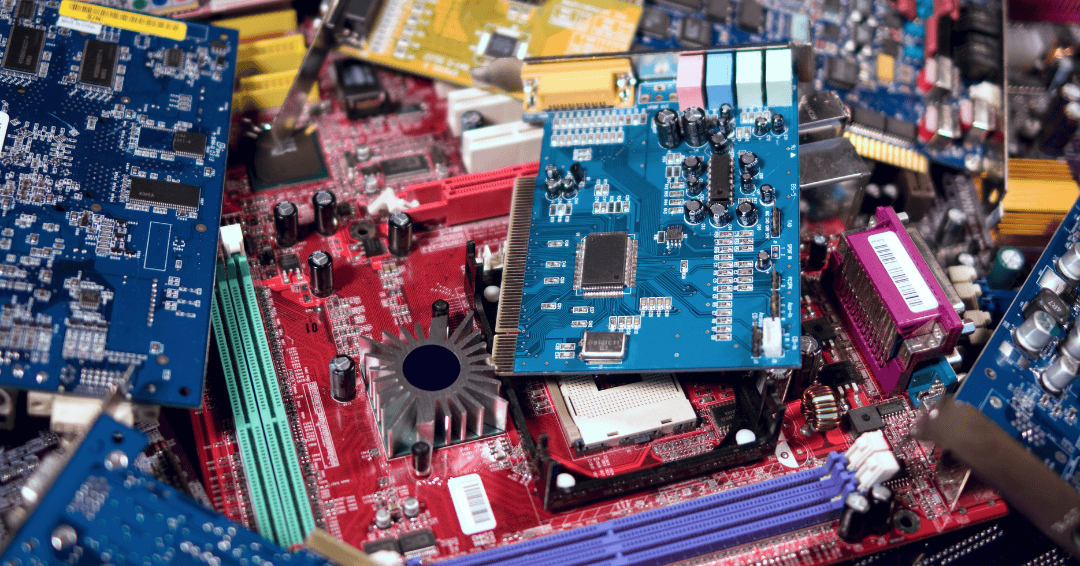New international law forbids exports of plastic waste to developing countries
In early May 2019, 1400 participants from countries all over the world gathered for the 14th meeting of the Conference of the Parties to the Basel Convention. The meeting – named ‘Clean Planet, Healthy People: Sound Management of Chemicals and Waste’ – was a productive one.
Twenty-nine decisions were adopted, further defining and tightening restrictions on the transboundary flow of hazardous waste. But one of those decisions will have an outsized effect on the electronics industry and global plastic recycling for the foreseeable future – the “Norwegian Amendment.”
Also referred to as the Basel Plastics Ban, the Norwegian Amendment designates most end-of-life plastics (i.e., mixed, unrecyclable, and contaminated plastic waste exports) as regulated wastes under the Basel Convention. More specifically, the amendment targets plastic waste containing fluorinated polymer, like electrical wiring, cable insulation, and pipe linings, which were previously classified as ‘clean’ plastic, a category not controlled by the convention. It is important to highlight that this includes the shells for the vast majority of electronic devices. This means that importing countries under the Basel Convention would have to give consent before fluorinated polymer plastic waste exports could be shipped. The ultimate objective of the amendment is to stop the flow of plastic waste into developing African and Asian nations, in an effort to prevent harmful pollution for local residents and the environment.
For many years, the U.S. and other Western countries have exported plastic waste to developing countries. But with a growing number of bans in Asian countries, and now the plastics ban from the Basel Convention, exporting is fast becoming a less viable option. With fewer markets available to accept plastic waste, local recyclers are already raising prices to compensate. Municipalities and businesses that can’t afford the price hikes are reducing recycling programs or cutting efforts altogether. This means more plastic will end up in landfills, where it can contaminate the environment and cause pollution for communities nearby.
Plastic in Electronic waste
The next few years could see a total upending of how the electronics industry handles e waste plastics. This will have a major impact on OEMs and e waste recyclers who have to start working now on what their compliant plastics downstream solution will be when the amendment becomes international law on January 1, 2021.
With each step towards transboundary bans, the pressure increases for developed nations to find effective domestic recycling solutions. The passage of the Norwegian Amendment represents a new era, one in which individual nations will soon be responsible for their own waste. The forthcoming changes might be a source of pain for the affected nations, but ultimately, the solutions that are created could help solve a major environmental issue that has gone on far too long.
As the mountain of e waste continues to grow, rest assured that the recycling landscape is becoming more unforgiving. It is more important than ever to engage with the right kind of partners that can help you compliantly navigate these turbulent waters.
Choose SK tes as your partner for E waste management. Contact us today!





